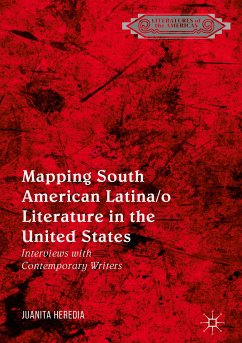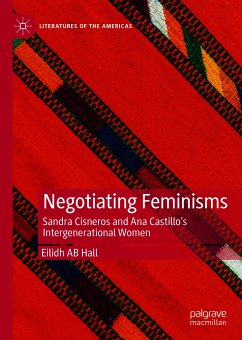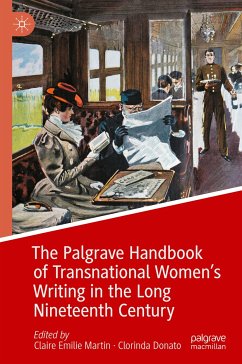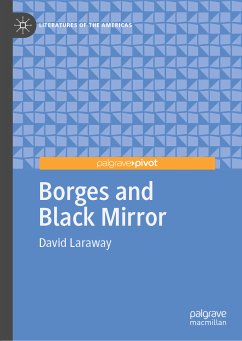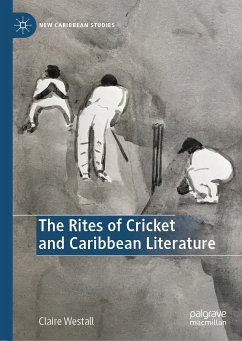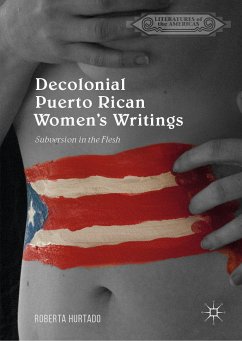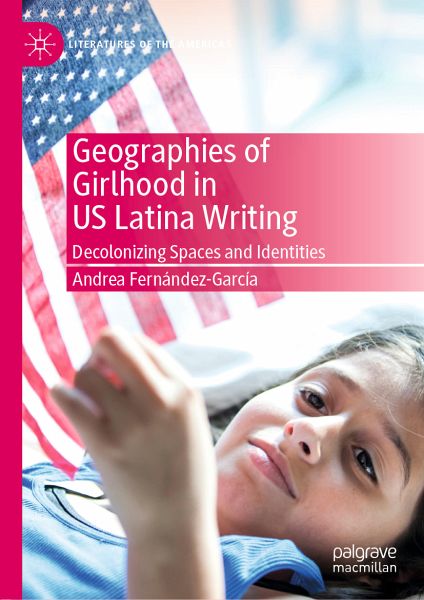
Geographies of Girlhood in US Latina Writing (eBook, PDF)
Decolonizing Spaces and Identities
Versandkostenfrei!
Sofort per Download lieferbar
56,95 €
inkl. MwSt.
Weitere Ausgaben:

PAYBACK Punkte
28 °P sammeln!
This book is an in-depth study of Latina girls, portrayed in five coming-of-age narratives by using spaces and places as hermeneutical tools. The texts under study here are Julia Alvarez's Return to Sender (2009), Norma E. Cantú's Canícula: Snapshots of a Girlhood en la Frontera (1995), Mary Helen Ponce's Hoyt Street: An Autobiography (1993), and Esmeralda Santiago's When I Was Puerto Rican (1993) and Almost a Woman (1998). Unlike most representations of Latina girls, which are characterized by cultural inaccuracies, tropes of exoticism, and a tendency to associate the host society with mode...
This book is an in-depth study of Latina girls, portrayed in five coming-of-age narratives by using spaces and places as hermeneutical tools. The texts under study here are Julia Alvarez's Return to Sender (2009), Norma E. Cantú's Canícula: Snapshots of a Girlhood en la Frontera (1995), Mary Helen Ponce's Hoyt Street: An Autobiography (1993), and Esmeralda Santiago's When I Was Puerto Rican (1993) and Almost a Woman (1998). Unlike most representations of Latina girls, which are characterized by cultural inaccuracies, tropes of exoticism, and a tendency to associate the host society with modernity and their girls' cultures of origin with backwardness and oppression, these texts contribute to reimagining the social differently from what the dominant imagery offers.
By illustrating the vexing phenomena the characters have to negotiate on a daily basis (such as racism, sexism, and displacement), these narratives open avenuesfor a critical exploration of the legacies of colonial modernity. This book, therefore, not only enables an analysis of how the girls' development is shaped by these structures of power, but also shows how such legacies are reversed as the characters negotiate their identities. It breaks with the longstanding characterization of young people, and especially Latina girls, as voiceless and deprived of agency, showing readers that this youth group also has say in controlling their lifeworlds.
Dieser Download kann aus rechtlichen Gründen nur mit Rechnungsadresse in A, B, BG, CY, CZ, D, DK, EW, E, FIN, F, GR, HR, H, IRL, I, LT, L, LR, M, NL, PL, P, R, S, SLO, SK ausgeliefert werden.



